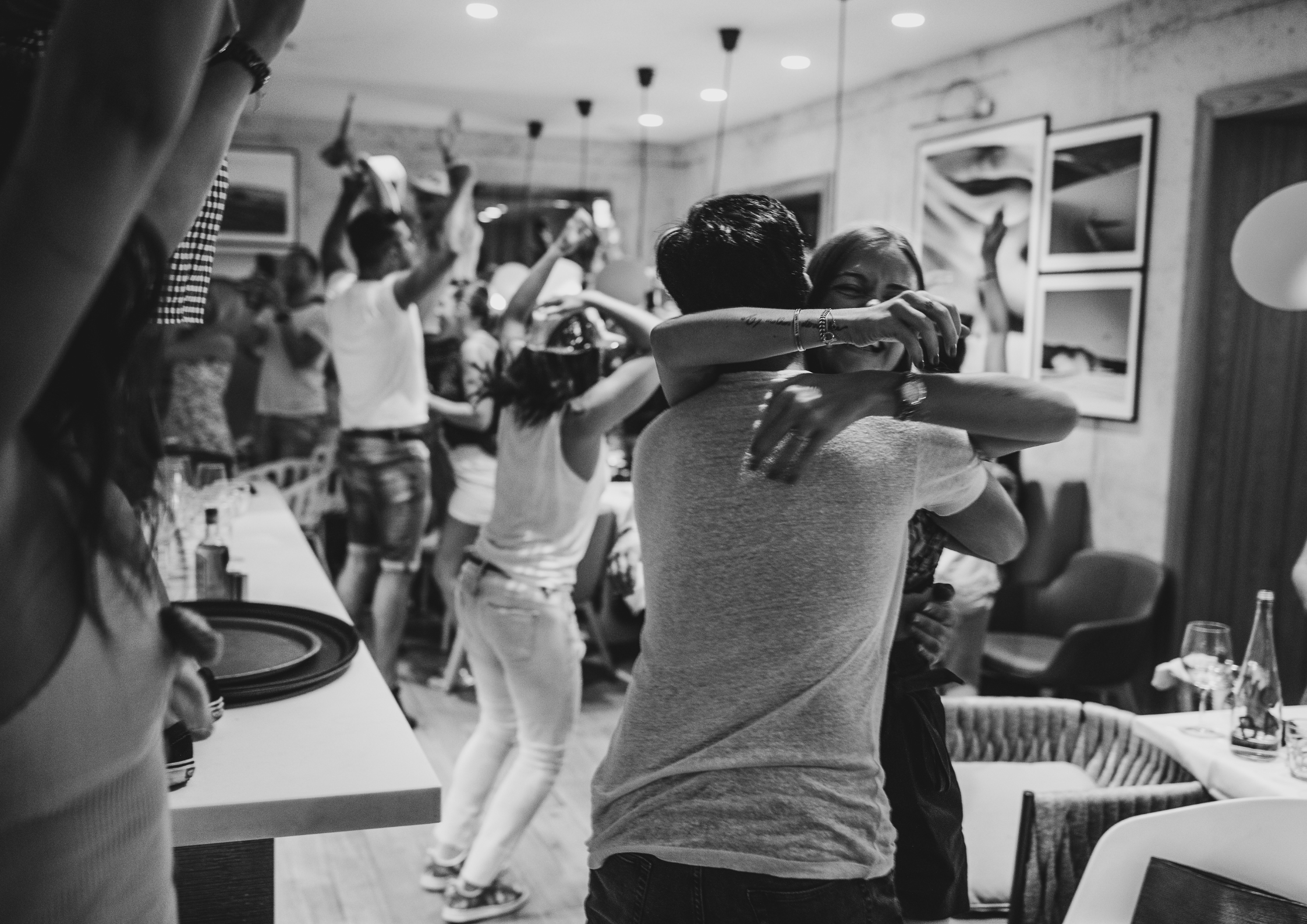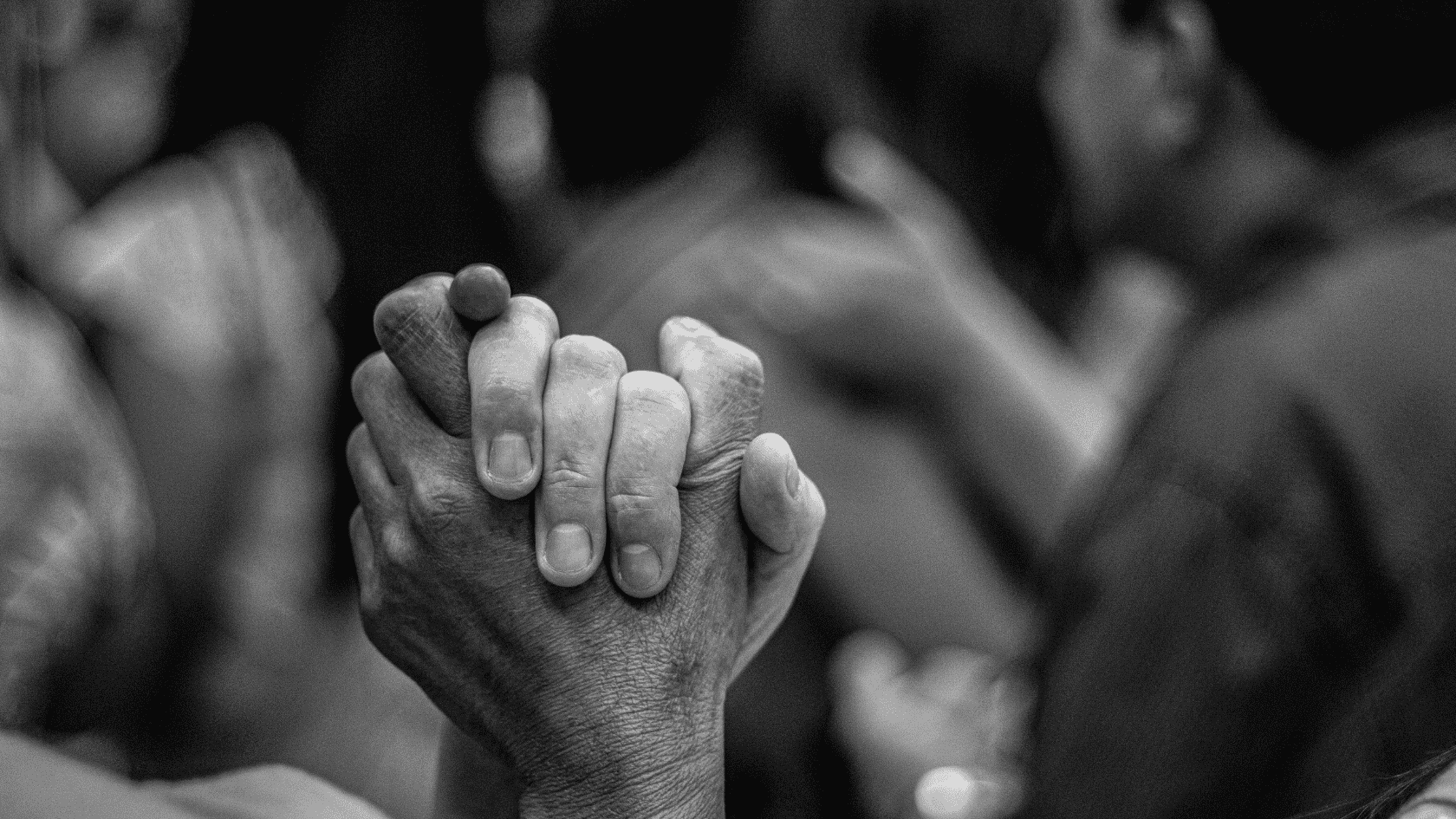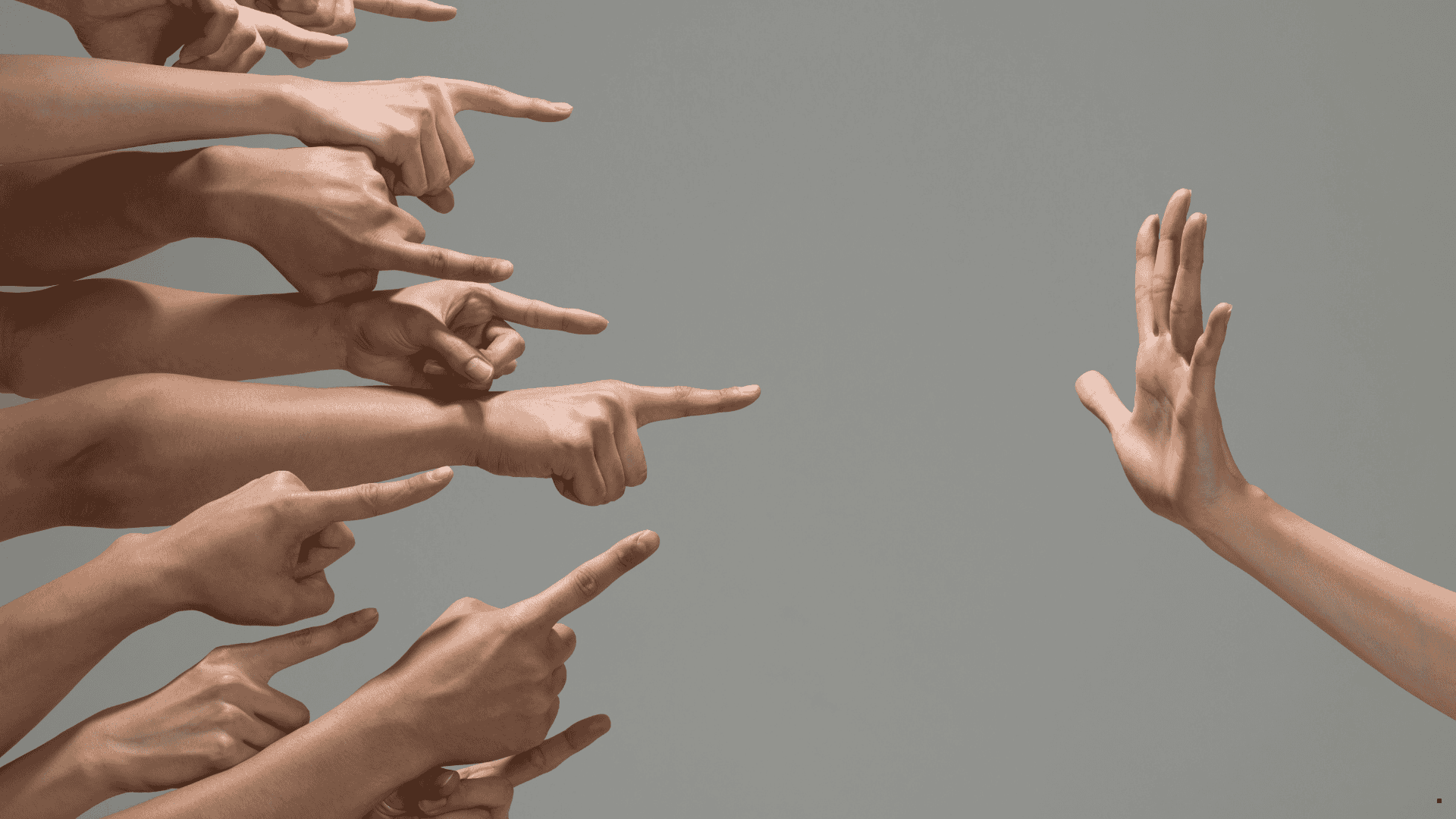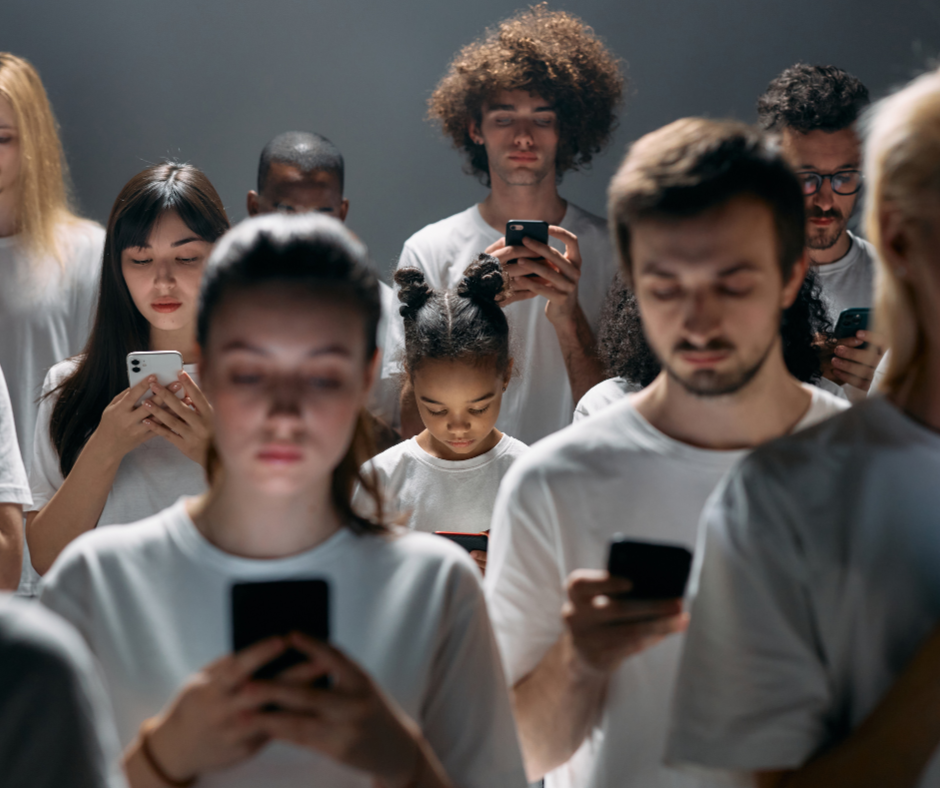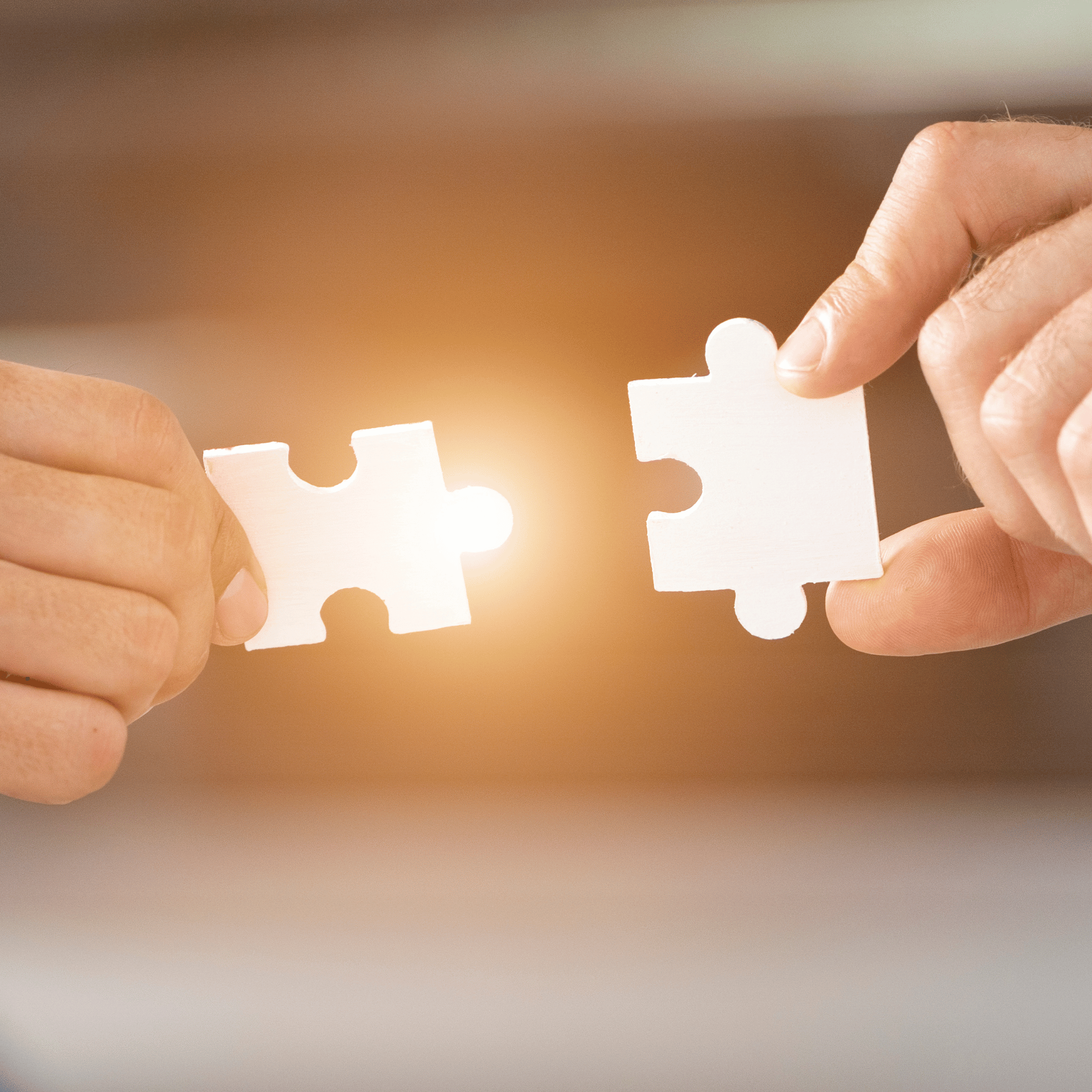
Why People Stay Lonely: Understanding Barriers to Connection
In a recent survey of individuals experiencing loneliness, we explored coping strategies, barriers to connection, and potential solutions. Below, we've organized the findings into clear, digestible sections to highlight the most pressing insights—and, at the end, how pplkpr can help.
Survey Context
In May 2025, we surveyed fewer than 100 people about their experiences with loneliness. Participants answered questions on what they do when they feel lonely, what keeps them from reaching out, and which statements felt true for them. The goal was to understand both the patterns that perpetuate loneliness and the kind of support people need to create meaningful connections.
1. Why We Tend to Stay Lonely
When loneliness hits, most respondents turn to passive distractions rather than seeking human contact:
- 78% scroll through social media.
- 78% simply sit with the feeling.
- 67% distract themselves with TV or games.
- 67% sleep or nap.
- Only a small fraction pick up the phone to call or text someone.
These habits create a gap between wanting connection and actually reaching out.
2. Barriers to Reaching Out
People often want to connect but feel blocked by internal and external obstacles:
- 78% don't believe anyone would care.
- 67% don't know who to talk to.
- 56% worry about seeming needy.
- Smaller groups cite fear of rejection, embarrassment, or not wanting to burden others.
Together, these responses show that loneliness can feel invisible—and making the first move can be intimidating.
3. Why Relationships Fade
Even when someone wants to stay in touch, maintaining a connection isn't easy:
- 67% say they don't know what to say.
- 56% struggle with lack of time.
- 44% feel overwhelmed or simply forget.
Intent alone isn't enough; people need concrete tools—reminders, scripts, or prompts—to sustain relationships once the initial effort has been made.
4. Mixed Efforts to Improve Social Life
When asked about taking steps to become less lonely:
- 67% want to change but haven't started.
- 56% begin but lose momentum.
- 44% haven't tried—and aren't sure if they want to.
- 33% have tried therapy or support groups.
This gap between "wanting" and "doing" reveals how easy it is to feel stuck, even with the best intentions.
5. "True Statements" That Resonate
Participants selected any phrases that felt accurate to their experience:
- 89% wish someone would reach out first.
- 78% feel stuck in old patterns.
- 67% don't know where to start.
- 67% feel lonelier around people than when they're alone.
Most people welcome an invitation but feel immobilized by anxiety or uncertainty about how to proceed.
6. What Would Make Connection Easier
If respondents could wave a magic wand to improve their social lives, they said:
- 67% honestly don't know what would help.
- 56% want more energy and mental space.
- 44% need guidance or structure.
- 33% would use conversation starters or ideas.
The fact that most cannot articulate a solution underscores how overwhelming loneliness can feel.
7. What Others Should Understand About Loneliness
Three statements each received broad agreement:
- "It's not something I can just 'snap out of.'"
- "I want connection, but it's complicated."
- "I don't want pity—I want understanding."
Additionally, 56% say "I can be social and still feel lonely," and 44% note "It's not the same as being alone." These insights emphasize that loneliness is a complex emotional state, not merely a lack of company.
8. How People Feel After a Meaningful Interaction
Even positive conversations don't always resolve loneliness:
- 67% still feel they want more but don't know how to get it.
- 56% feel grateful.
- 44% feel energized—and 44% also feel awkward.
- 22% feel relieved, 22% feel drained, and 22% feel motivated.
A single good chat rarely "fixes" loneliness; people need follow-up support to sustain momentum.
9. Self-Described Relationship with Loneliness
When asked to describe their overall relationship with loneliness:
- 33% say, "I've lived with it for years."
- 22% say, "I've gotten used to it."
- 22% say, "I wouldn't even know what 'connection' looks like anymore."
- Smaller groups say, "I'm trying to face it" or "I want to break the cycle."
One-third view loneliness as a chronic condition; only a small fraction feel ready to break free.
10. How pplkpr Can Help
Drawing on these insights, pplkpr is designed to address each barrier and guide users step-by-step toward lasting connections:
-
Low-Pressure, Empathetic Prompts
Since 89% wish someone would reach out first, our AI (f8) sends gentle nudges—e.g., "How about a quick 'thinking of you' message to [Friend]? No pressure—just a nudge."
By using nonjudgmental language, pplkpr counters the 56% who fear seeming needy.
-
Built-in Conversation Starters
For the 67% who "don't know what to say," pplkpr offers icebreakers based on shared interests or recent events—e.g., "I saw [Topic] today and thought of you!"
This removes the stress of inventing a topic from scratch.
-
Automated Follow-Up and Reminders
Since 44% lose touch out of overwhelm, pplkpr tracks who you haven't focused on and sends gentle reminders—e.g., "It's been a few weeks since you last talked about [Name]. Want to check in?"
-
Goal Setting and Progress Tracking
Nearly half (44%) want help setting goals. With pplkpr, you can set objectives like "Reconnect with two people this week" or "Send one new message every day."
-
Nonjudgmental, Humanized AI Support
f8 offers encouragement without judgment—exactly what 78% of respondents said they want.
For the 44% who aren't even sure they want to try, f8 provides low-stakes reflection prompts rather than pushing them forcefully.
Conclusion
This survey shows that loneliness isn't simply a lack of friends. It's a mixture of feeling stuck, fearing rejection or pity, and not knowing where to begin. Even after a positive conversation, many people struggle to sustain progress. pplkpr addresses these challenges with empathetic AI prompts, conversation starters, automated reminders, and community options. By lowering the barrier—making it easy to send a quick check-in, offering ready-made topics, and reinforcing small successes—pplkpr transforms loneliness into ongoing, meaningful connection.
Ready to take that first step? Download pplkpr on iOS or Android. Let f8 walk alongside you—one gentle nudge at a time.

